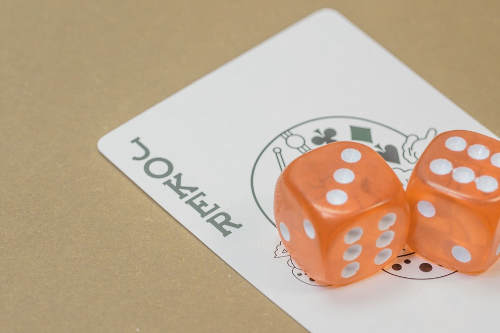I try to be positive.
I really do.
One of the reasons I try to be positive is because my audience, such as it is, has communicated to me through both actions and direct feedback, that they don’t like hearing when I express my more negative feelings. My despair is not interesting or meaningful, but me telling you a thing you like is good is.
2013 was the first year I wrote on this blog. 2018 was the first year I wrote on it every single day. 2013 is when I got onto Twitter, started university, and when I started making things. I’ve made a lot of things since then – a lot of things. I’ve tried a lot of different front-ends and online presences, places to have audiences.
I am now confronting the very sad fact that a lot of what I’ve tried hasn’t worked.
People I know have, in this same window of time seen comparative runaway success. Many of my friends have achieved commercial success in these fields, and I don’t wish any of them any ill will. I don’t think they don’t deserve their success (except inasmuch as nobody ‘deserves’ success and it’s all about randomness). It’s hard, however, after literally years of creating to not look at all the things that I tried. The end of the year brings on introspection, and maybe makes a time to test what I want to do going forward.
I produce works that are available on Redbubble and TeePublic (graphic designs), DriveThruCards (games), face-to-face sales (games and graphic designs), google books (fiction), twitter (tweets), this blog (writing), two podcasts, and a youtube channel. And during this time, I have been observing the things that get my work attention, the audiences that react to my work, and what makes them happy.
Of these, Youtube is generally regarded as one of the biggest potential audiences. Youtube is a great format for long-form critical analysis and engagement, the kind of thing that requires some research and forethought and lets you include a lot of different ideas at once. In one year, I have gained 95 Youtube subscribers. The Downloadable Concept podcast, before its unscheduled hiatus, hit about 60 listeners, which is about double of what the From the Rooftops podcast did.
This means that basically, a year of work reaches maybe a person every three days (at best) or a person every five days. This is the content I make that is free to participate in, too.
What’s interesting is that Redbubble and Teepublic have a surprisingly larger overall return than I expected: Redbubble made about $240 over the course of a year, with some of my designs selling up to ten copies. What makes this really remarkable is that thanks to analytics, I’m aware of how little useful advertising I do of my t-shirts. People really don’t click twitter links, and the twitter links don’t coincide with sales.
I do not want to sound ungrateful. I do not want you to think that your attention doesn’t matter to me. It enormously does. It’s a sign that something I’m doing matters to someone out there. What I want to do here is express, honestly, my feelings and put some numbers on the kind of work I do.
There are some of you reading this right now who have a lot more of what I’d consider success than I do. Some of you have been published in paid articles, lots of you have larger followings on twitter than I do.
If I followed the incentives that my blog has taught me, I’d be best off producing confrontational, reddit-friendly Magic: The Gathering content and t-shirts. Things like encouraging you to create, analysing pieces of media, that stuff is all ‘failing.’ The majority of my card games have sold less than a single copy.
But I don’t want to make reddit articles about how Magic: the Gathering is being handled badly. I want to make fun respectful games of expanding scope and pleasant aesthetic. And after years of working at that infrastructure, I feel sometimes like I haven’t made a lot of headway. Some things are easier to make happen, but I still feel like lots of the things I’ve been trying for years are still, largely, failures. What’s more, failures that I have to put in the face of seeing people often bemoan not seeing stuff like what I’m doing. The end of year brought a range of people complaining about videogame journalism – complaining, inevitably, about how there weren’t thoughtful pieces being done about games, complaints about the press grind, or scores.
I don’t do that stuff, but what I do, people don’t know to find, or they don’t want.
There’s a corollary: Maybe what I do is perfectly good, it’s just not like it’s commercially successful. Maybe there are people out there who love my stuff, who read my blog regularly, and like what I talk about. I learned, in 2018, about one of them. It was really surreal to learn someone was doing that, and I realised that part of why I was surprised is because I had no reason to expect I had regular readers at all.
I can call this my own mental problem, but I need to underscore, I do check statistics on this stuff. I am not relying on my feelings. I am as best I can, comparing this to the feedback I have and that I get.
And I don’t get much.
I try to work hard on everything I do. I don’t want to waste your attention.
In the end, I tell myself I have to keep rolling dice. After all, giving up is the sign it stops.
But every time I sweep them up and prepare to roll, it’s harder and harder to not feel like I’m being told to stop.
